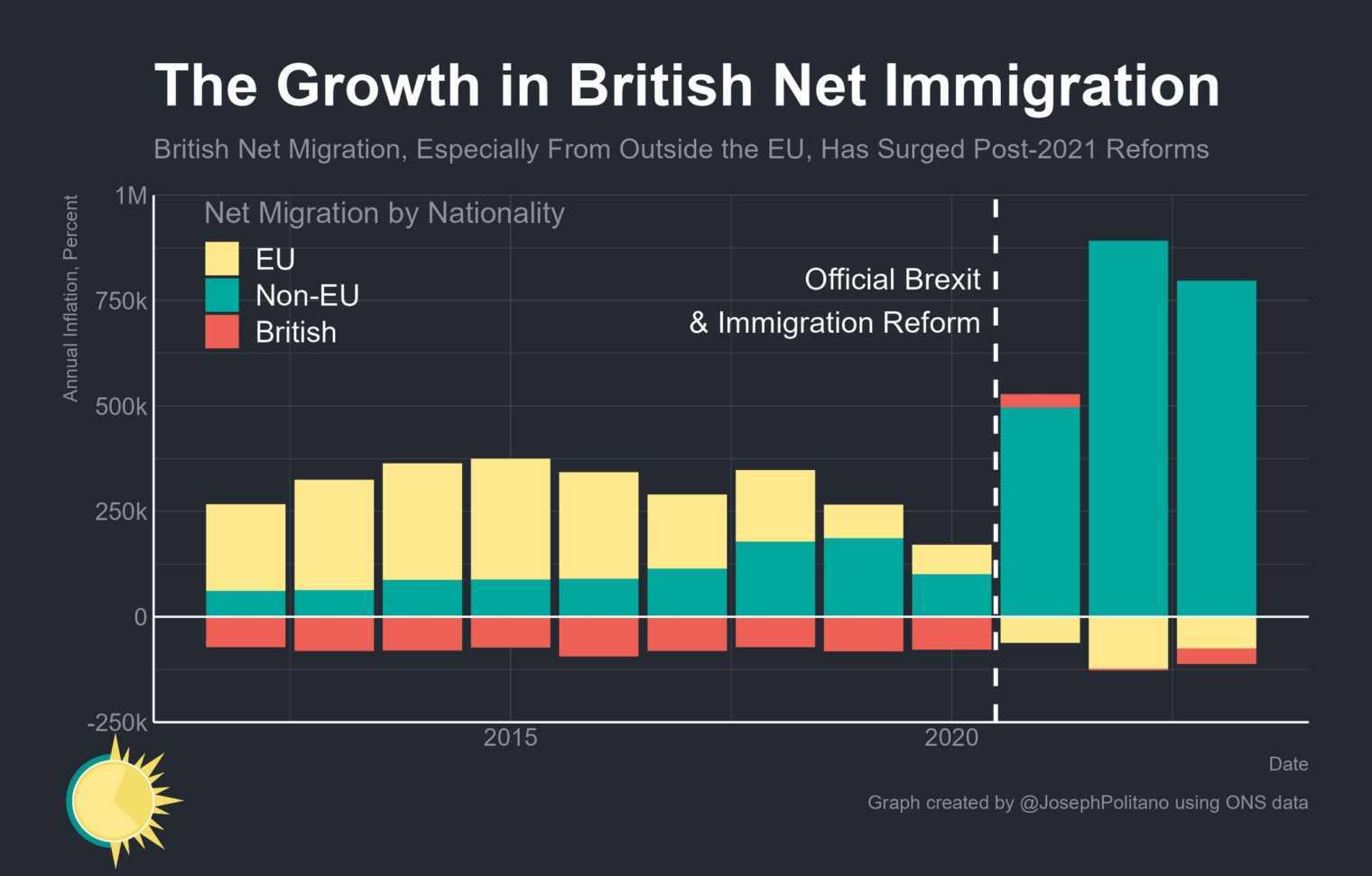Which mapping app can avoid narrow roads in Europe? And which can provide walking directions that avoid dangerous neighborhoods in the U.S.?
We used Google Maps in Portugal. It made quite a few absurdly bad routing decisions. To save a theoretical minute or two it would send our Mercedes E class sedan down roads narrower than a North Carolina dentist’s driveway. We were constantly terrified that a car would appear coming the opposite direction and that we’d be forced to stop suddenly and then back up to a rare section wide enough for two cars to pass. When shown these routes, the locals said that they would never drive along those roads for transportation despite most of them having narrower cars and better driving skills than a Floridian lulled into complacency by textbook highway engineering. Below is a segment from a suggested Google Maps route for our rental car (#2 after the first E class melted down). I don’t think that our Sixt rental agreement says anything about driving up or down stairs, but the road was definitely narrower than the car:
Where was this road, you might ask? In one of my favorite towns in Portugal: Covide!


Is there a mapping app that is smarter about getting around Europe without scraping?
Related question for the U.S.: is there an app that will calculate walking directions to avoid dangerous neighborhoods? Or calculate directions and score the walk with a danger level? This tweet from a former Googler suggests that Google will never do it:
(His/her/zir/their reasoning is that sending pedestrians via a scenic route will lead to “spatial inequality” because the nicer areas tend to be richer.)
WalkSafe seems to have the crime rate information, but I’m not sure that it will provide turn-by-turn directions to a pedestrian.
Here’s a street in front of an AirBnB that we rented in Amarante, Portugal (very pleasant town!):
(The host said to navigate to a nearby parking lot and walk the rest of the way.)
I don’t have a good illustration of a crime-ridden street in Portugal because the country is one of the safest in the world and every tourist attraction seems to be in a safe area.
Full post, including comments














